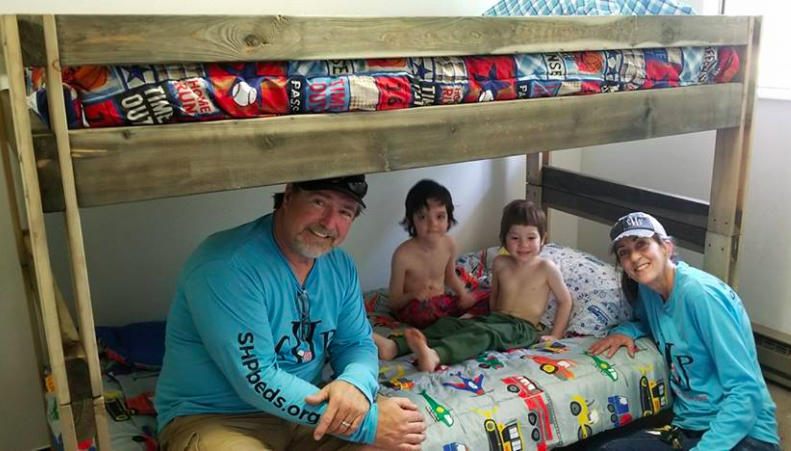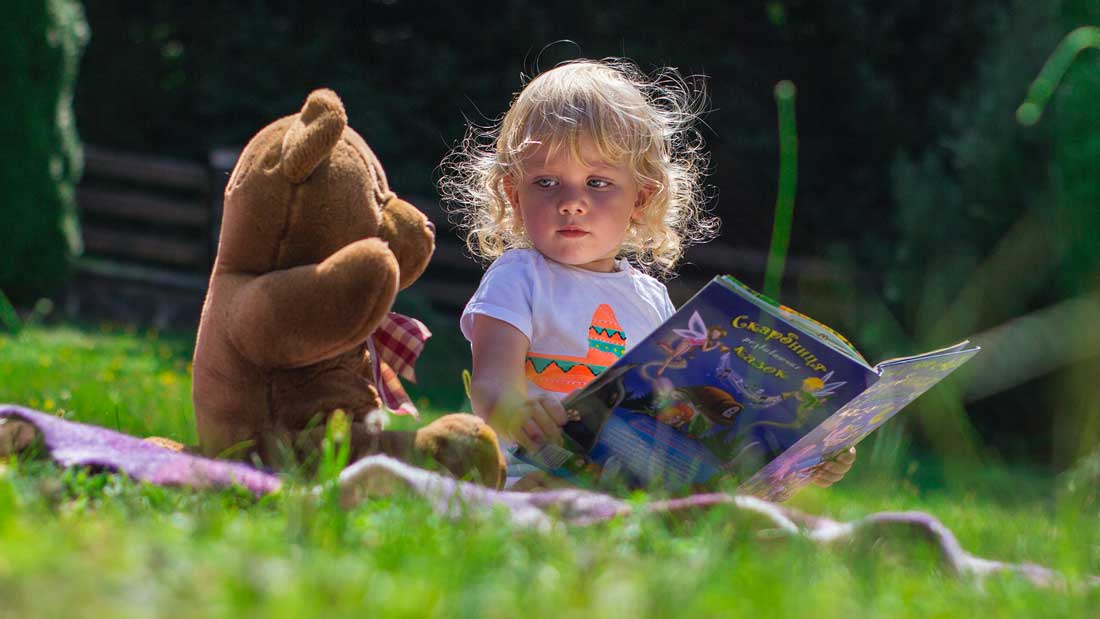
Not getting a perfect night’s rest can make anyone cranky, but for children it might be more of a concern, as it can affect their behavioral development. A new study suggests that sleep might be even more important for children, serving as an effective way to decrease impulsivity and improve behavior.
The study, conducted at the University of Georgia in the youth department, concluded that sleep can help children behave better in stressful environments. (1)
“Stressful environments are shown to make adolescents seek immediate rewards rather than delayed rewards, but there are also adolescents who are in stressful environments who are not impulsive,” Linhao Zhang, a fourth-year doctoral student in UGA’s College of Family and Consumer Sciences and the lead author of the study, said. (1)
First, the researchers at UGA looked at data from the Adolescent Brain Cognitive Development Study, which is a brain development study that is supported by the National Institutes of Health. (1)
The main participants of this multiple year long study included 11,858 children ranging from the ages of 9-10 years old. After analyzing the results of the study, the researchers found that both how long a child slept and how long it took for them to fall asleep could cause impulsive behavior. (1)
For example, one of the pieces of data extracted from the study found that when children did not achieve nine hours of sleep or could not fall asleep within a 30 minute period, they were more likely to have impulsive behaviors later on.
In these early stages of development, it’s important for children to get those vital hours of sleep each night. So, is this correlation between lack of sleep and impulsive behavior a strong one? That is why we decided to speak with an expert to learn more!
The Doctor Weighs In
We’re familiar with the feeling of not getting enough sleep. It makes it challenging for us to manage our feelings and reduces our emotional awareness. Similarly, children experience this as well, but it’s even more challenging for them to regulate their emotions.
We spoke with Dr. Mary Ann Covey, who is a Licensed Psychologist at Thriveworks in College Station, TX. She affirmed that insufficient sleep in children often results in outbursts, leaving you with no choice but the dreaded time out.
“Proper sleep hygiene requires a routine that allows the child to slow down and ready their bodies for sleep,” she told Sleepopolis. “When children are overtired they cannot regulate themselves in a way that enables them to cope with anything that doesn’t go their way.”
She also said that the most important part of sleep is the restorative sleep cycle, as it is crucial in growth and development. When children have poor sleep, the circadian rhythm becomes disrupted, leaving you with an angry and cranky child.
Even though it is normal for children to have disruptive and impulsive behavior, it is something to not ignore if it is happening frequently, as it can lead to long-term issues. Covey gave some suggestions on how parents can help their children get a better night’s sleep to wake up well-rested.
“Making sure the bedroom is dark, free of sudden noise, feels comfortable and safe are ways to create a positive sleep environment,” she said. “The routine could include a bath or shower, to help calm them down and signal the day is done, no caffeine for 3 hours prior to bedtime, and all electronics are off one hour prior to sleep.”
Patience is key as a parent, and bedtime is a tricky thing to master. Parenting is never going to be perfect, but it’s important to keep a lookout on your children’s behaviors to see if their behavior stems from lack of sleep.

“Day To Dream” Event Offers Children In Need A Good Night’s Sleep

‘Sleep in Heavenly Peace’ Hosts Bed-Building Event for Children in Oregon

Author Julie Wright Reveals Secret for Turning Fussy Babies Into Happy Sleepers
